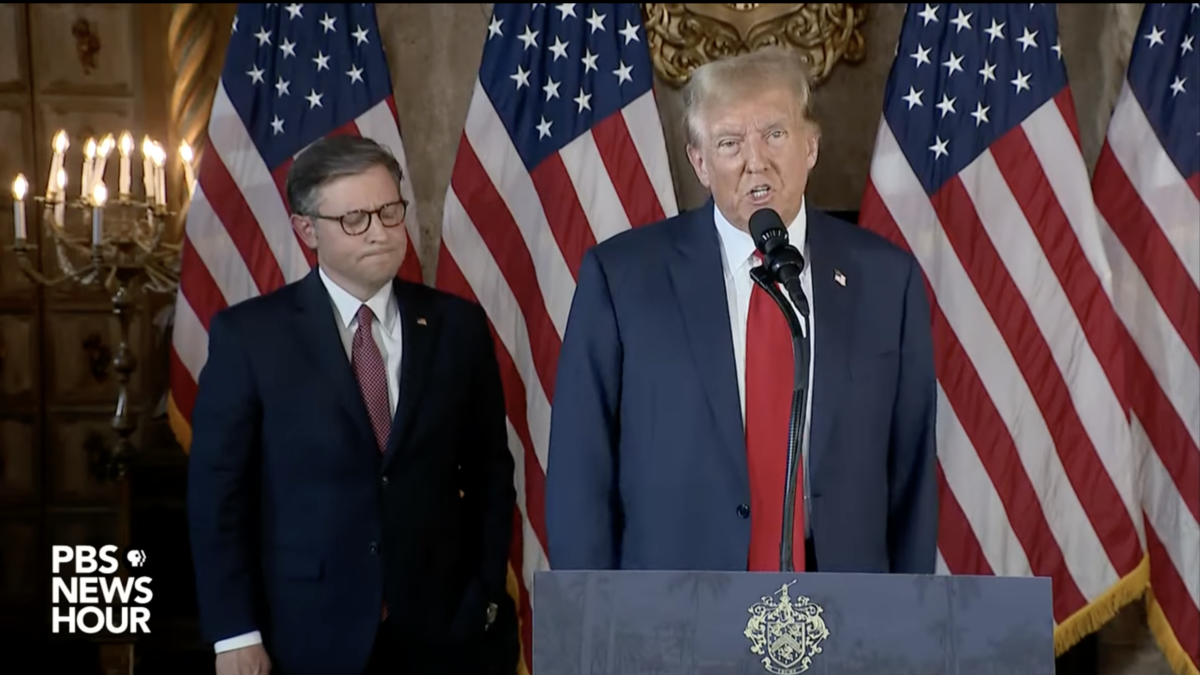If you were wondering how funny 2019 is, have no fear, because Slate, the authority on humor and incest, examined the current state of comedy, and somehow, the author came to the conclusion that “we’re much, much funnier than we used to be.”
The author reached this result by comparing the jokes of Fozzie Bear on “The Muppet Show” to the current Emmy award nominees such as “The Marvelous Mrs. Maisel” and “The Good Place.” He then proudly declared that past sitcoms couldn’t match “The Good Place” in giving a “treatise on religion and a graduate seminar in philosophy,” which is objectively true but misses the point that neither ethics lectures nor “The Good Place” are funny.
Don’t get me wrong, shows like “The Good Place” and “The Marvelous Mrs. Maisel” are fine if you are interested in cast members chosen for political correctness or flashy costume design, but they’re bad shows if you actually want to laugh out loud. Some comedians may be shining in standup currently, but the sitcom is effectively dead.
Today’s sitcoms are simply not as funny as past sitcoms, which is arguably a problem since comedies are supposed to be funny. There’s a reason Netflix and other streaming services are paying about a half a billion dollars to air old shows such as “Seinfeld,” “Friends,” and “The Office.” Even though “The Good Place” is promoted and available on Netflix, people still prefer to watch reruns of old shows such as “Parks and Rec” and “That ’70s Show.”
Slate’s article doesn’t focus on movie comedies, and for good reason. It is easy to dismiss the television gripes above as the age-old refrain that “kids today just don’t get it.” But if you look at movie box office receipts, it is abundantly clear Hollywood has stopped producing comedies that audiences want to see. Of the top 25 highest-grossing comedies of all time, only “The Hangover Part II” was released this decade — and that was eight years ago. Comedies made up just 7 percent of movie ticket revenue in 2018, whereas they recently made up more than 20 percent.
We are not in a funny time, and why is that? Part of the reason is that Hollywood is increasingly focused on international audiences, and it turns out people in Asia have a much easier time grasping superheroes fighting robots than they do the nuances of American comedy. Apparently, it is harder to translate irony than to translate a mutant wearing spandex punching a mechanical spider.
But perhaps the bigger culprit is cancel culture. SNL fired comedian Shane Gillis before he even started because his humor included racial stereotypes that SNL once aired itself to try to get a laugh. Perhaps his termination was warranted since he knew the rules of saying things on the internet in 2019, but it is also true that these rule changes have made comedy less funny.
How many sitcoms and comedic movies from as recent as the 2000s would not be made today? “The Hangover” engages in Asian stereotypes and gay slurs. “Wedding Crashers” is about Owen Wilson’s plan to commit an elaborate sexual assault. That is just not okay in the Me Too era.
The left has yet to declare that imitating a Kazakh accent is forbidden (remember, English and French accents are harmless fun, but Japanese or Jamaican accents incriminate you as a white supremacist), but it probably doesn’t bode well for “Borat” that in the first few minutes, we are introduced to the town rapist before the lead character makes out with his own sister.
Perhaps the current lack of laughs is a natural cycle as comedy inevitably evolves, which it has throughout time. We went from spouses having separate beds in sitcoms in the ’50s, to teenagers accidentally drinking bodily fluids in the ’90s. At a certain point, people will probably figure out how to be funny again. But for right now, it sure seems like everyone is afraid to try.









